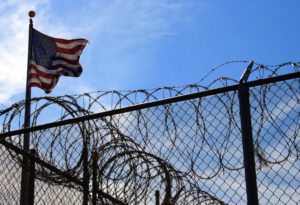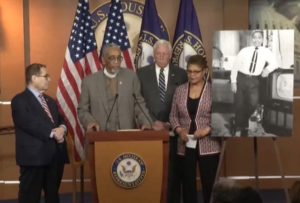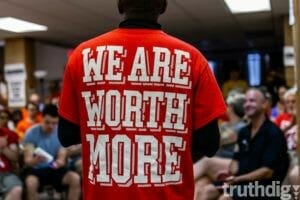Why Are Police So Afraid of Bold, Black Women Like Korryn Gaines?
It is incredible that during this time of heightened public awareness of police brutality, officers continue to behave with impunity. Korryn Gaines. (shesyourmajesty / Instagram)
1
2
Korryn Gaines. (shesyourmajesty / Instagram)
1
2

Korryn Gaines. (shesyourmajesty / Instagram)
With an uncertain future and a new administration casting doubt on press freedoms, the danger is clear: The truth is at risk.
Now is the time to give. Your tax-deductible support allows us to dig deeper, delivering fearless investigative reporting and analysis that exposes what’s really happening — without compromise.
Stand with our courageous journalists. Donate today to protect a free press, uphold democracy and unearth untold stories.









You need to be a supporter to comment.
There are currently no responses to this article.
Be the first to respond.